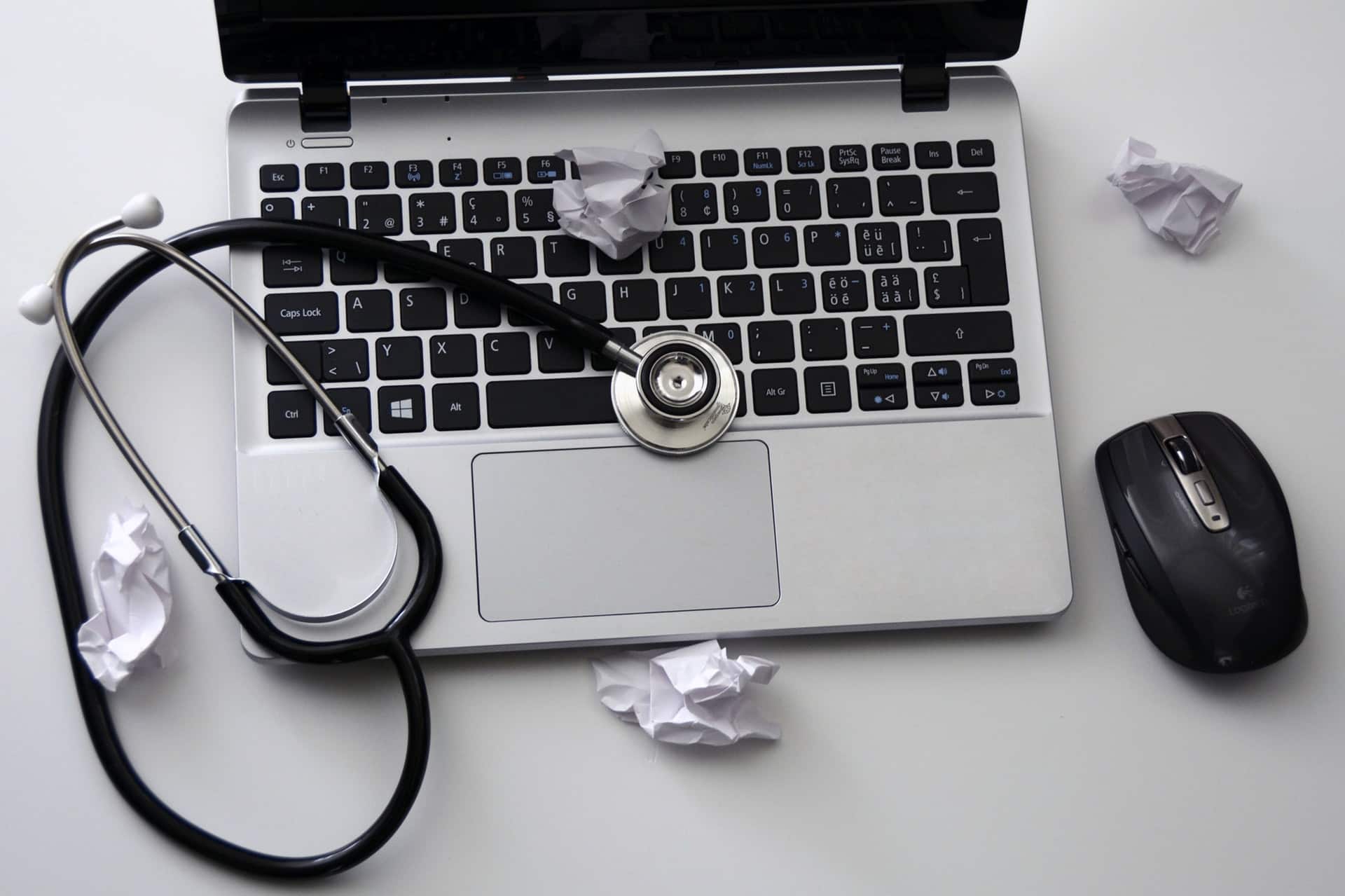
Technology has brought many improvements to modern society, but none as impressive as those developed for the healthcare field. Each year, new developments in medical technology bring startling advances that improve patient outcomes and allow individuals to lead more satisfying, active lives, in spite of once-devastating medical conditions. Since there are 4.5 billion lab tests annually, these technological improvements in healthcare are expected to continue in the future. Technology will impact the personal and laboratory side of healthcare in the future to come.
1 – Genetics And Gene Splicing
Recent news about the CRISPR technique of gene splicing has made the idea of altering genetics to eliminate disease a more feasible idea. In coming years, gene splicing and manipulation will likely be done on a routine basis to eliminate a variety of medical conditions. The technologies needed in laboratories to do the important work of gene splicing and manipulation will be another area where skilled individuals will be needed in future years. A wide range of specialized equipment is needed to do this work, and individuals to design, build and maintain these critical devices will be needed.
2 – Robotics
Nowhere has technology had such a remarkable effect as in the field of robotics. New prosthetics are promising to provide movement for individuals who have experienced severe neurological damage to limbs and has provided electronic stimulation of brain cells to improve movement in Parkinson’s patients. Ongoing research continues to work on robotic exoskeletons that will allow patients with paralysis to regain mobility to function more effectively in their everyday lives. Someday, robotics will also be used to provide routine patient care, freeing up healthcare personnel to do more personalized interactions. Individuals who have an online electrical engineering masters degree will be in the forefront of this area of healthcare.
3 – Telemedicine
Telemedicine is still in its infancy, but it is already making an important difference for individuals that are far from university medical centers. Remote diagnosis, as well as treatment opportunities, will grow in the coming years, bringing state-of-the-art medicine to people around the world. But telecommunications can also be used to improve patient outcomes in other areas. Remove monitoring of patients will be able to substantially reduce setbacks and relapses. Patients could receive frequent calls automatically to ensure they are progressing. Medical personnel could receive automatic reminders to wash hands to reduce hospital-acquired infections. These technologies could be used in any number of ways to improve patient care and maximize health provider interaction.
Technology has revolutionized the culture, and it promises to bring innumerable advancements to the field of healthcare. From direct patient care to medical data analytics, new opportunities in the field will make it an exciting career path. Individuals with specialized skills will be in a position to take advantage of the lucrative salaries and growing challenges that will be available to them. The mix of healthcare and technology will make a rewarding and financially beneficial career path for these trained individuals.
Emma Sturgis
Recent Posts
- Castor Oil For Better Hair Growth: Is It Myth Or Fact?
- Exploring the Differences Between Sermorelin, Ipamorelin, Ibutamoren, GHRP2, and GHRP6: Understanding Their Role in Human Growth Hormone Regulation
- Unraveling the Mystery: Understanding the Causes and Prognosis of Ventricular Tachycardia Without Apparent Heart Disease
- Understanding Grandparents’ Rights in Oklahoma: Navigating Visitation and Legal Protections
- 10 Reasons to Consider Hypnotherapy for Your Health

